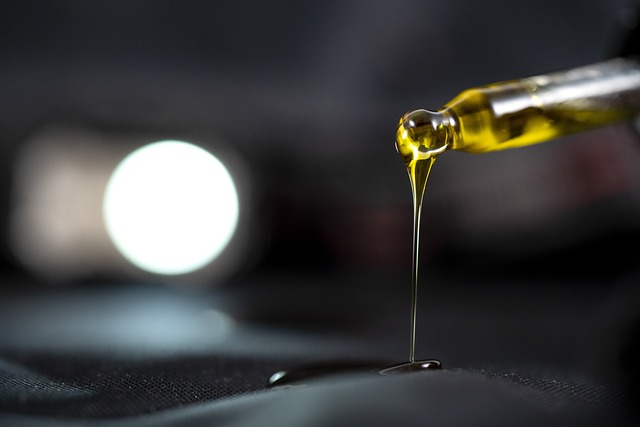In February 2021, New Jersey legalized THCA (Tetrahydrocannabinolic Acid), a non-psychoactive compound found in cannabis, for adult recreational use as part of its adult-use cannabis legislation. This move has expanded the state's cannabis market, with THCA flowers gaining popularity for their therapeutic potential and non-intoxicating properties. THCA, which is a precursor to THC, can convert into THC when heated, potentially leading to psychoactive effects. Despite its legality in New Jersey, THCA remains classified as a Schedule I substance under federal law, creating a complex legal landscape for users and businesses. The state's regulatory framework ensures safety and accuracy through comprehensive testing and labeling of cannabis products. As consumers explore the benefits of THCA, which include anti-inflammatory and neuroprotective effects, they are advised to be mindful of dosage and personal health factors. New Jersey's legislative changes have made THCA a significant addition to the legal cannabis product landscape, offering a potent yet measured experience for both medical and recreational users. The state's commitment to a regulated market has facilitated the availability of THCA flowers, reflecting the increasing consumer interest in this therapeutic cannabinoid. Research continues to uncover more about THCA's potential health benefits, making it a focal point within New Jersey's evolving cannabis regulations.
Exploring the emergence of THCA flowers in New Jersey’s market, this article sheds light on the legal landscape and potential health benefits of this non-psychoactive cannabinoid. With a focus on understanding THCA’s effects and its status under New Jersey law, we delve into the science behind its bodily influence, user experiences, and side effects. As THCA becomes more accessible, it’s crucial for consumers to be aware of proper dosage and consumption methods to manage any adverse reactions. This comprehensive guide will navigate the complexities of state versus federal laws on cannabinoids, interactivity with other substances, and the importance of quality control in ensuring a safe experience. Whether you’re a first-time user or an experienced cannabis connoisseur, this article will equip you with the knowledge necessary to make informed decisions about THCA flowers, all within the context of New Jersey’s evolving legal framework.
- ThCA Flower Side Effects and Legal Status in New Jersey
- Understanding THCA: The Non-Psychoactive Cannabinoid
- ThCA Flower's Emergence in the New Jersey Market
- Potential Health Benefits of THCA Flowers
ThCA Flower Side Effects and Legal Status in New Jersey
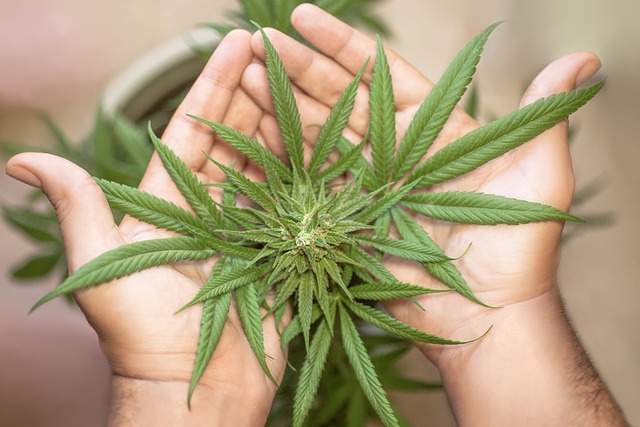
In New Jersey, the legal status of THCA (Tetrahydrocannabinolic Acid) flower has been a subject of evolving legislation and public discourse. The New Jersey Cannabis Regulatory and Expungement Act, signed into law in February 2021, paved the way for adult-use cannabis, including THCA, to be legal for recreational purposes. This significant legislative change has led to a growing market for cannabis products, with THCA flower gaining attention for its potential therapeutic benefits and non-psychoactive nature at levels above its decarboxylated form THC (Tetrahydrocannabinol). Consumers interested in the medicinal properties of cannabis often turn to THCA flower due to its reported anti-inflammatory and pain-relieving effects. However, it’s important for potential users to be aware that while THCA is legal in New Jersey under state law, its legality under federal law remains a point of contention, as cannabis, including THCA, remains a Schedule I controlled substance according to the Controlled Substances Act. This discrepancy between state and federal laws creates complexities for users and businesses operating within the cannabis industry in New Jersey.
When considering THCA flower side effects, it’s crucial to note that while THCA itself is non-psychoactive, it can decarboxylate into THC when exposed to heat or combustion. This transformation can lead to psychoactive effects and potential side effects associated with THC use, such as impaired motor skills, altered perception, anxiety, and paranoia in certain individuals. Additionally, as with any substance, individual reactions to THCA flower can vary based on dosage, personal physiology, and tolerance levels. Users are advised to start with low doses and proceed with caution, especially if they have pre-existing health conditions or are taking other medications. The regulatory framework in New Jersey aims to ensure the safety and efficacy of cannabis products, including THCA flower, by establishing strict testing and labeling requirements for potency and contaminants. As the market continues to mature, consumers can expect more comprehensive guidelines and information on safe consumption practices.
Understanding THCA: The Non-Psychoactive Cannabinoid
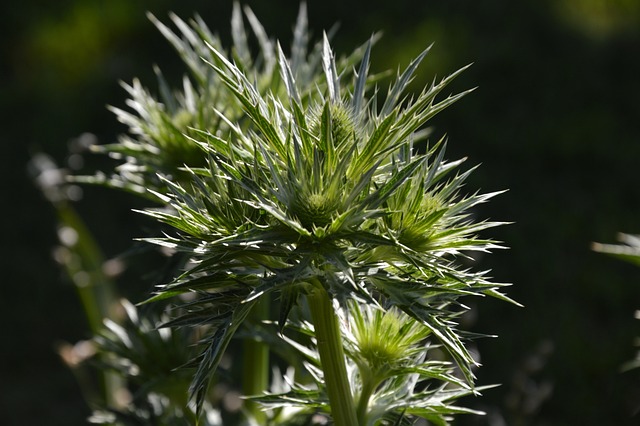
THCA, or Tetrahydrocannabinolic Acid, is a naturally occurring cannabinoid found in the Cannabis sativa plant and is the precursor to THC, the psychoactive compound well-known for its mind-altering effects. Unlike THC, THCA does not induce psychoactive effects, making it a compelling subject of interest for those seeking the potential therapeutic benefits of cannabinoids without the high. As researchers continue to explore the properties of THCA, initial findings suggest it may offer analgesic, anti-inflammatory, and neuroprotective qualities. These potential health benefits have led to increased curiosity and use in various wellness regimens.
In the context of legal status, THCA is a topic of interest for legislators and regulators across states like New Jersey, where cannabis laws are evolving. In New Jersey, THCA falls under the legal umbrella defined by the state’s recreational and medicinal marijuana laws. As of this writing, New Jersey has approved the use of medical marijuana, which may include products containing THCA, provided they comply with state regulations. The 2021 New Jersey law, which legalized adult-use cannabis, also set forth guidelines that govern the production, sale, and consumption of cannabis products, including those containing THCA. It’s important for consumers to stay informed about the specific laws and regulations in their jurisdiction, as the legality of THCA can vary by state and is subject to change as laws continue to evolve.
ThCA Flower's Emergence in the New Jersey Market
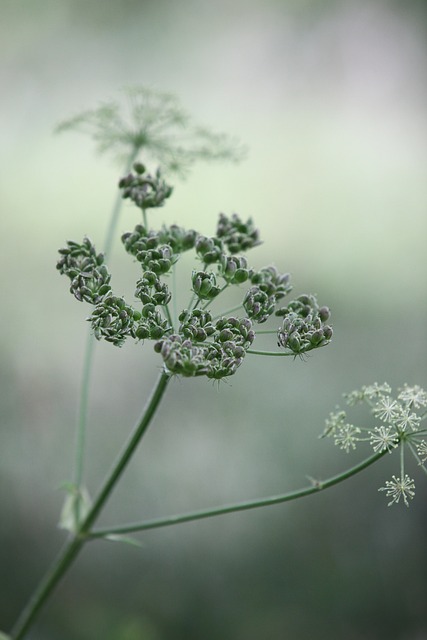
2023 has marked a significant shift in New Jersey’s cannabis landscape with the emergence of THCA-rich flowers as a legal alternative for consumers. The state’s legislative update, which clearly defined the legality of THCA within its recreational cannabis framework, has paved the way for these novel products to enter the market. THCA, or Tetrahydrocannabinolic Acid, is the raw form of THC found in the cannabis plant, known for its potential therapeutic properties and effects that become more pronounced once heated. As a result of this legislative change, New Jersey has become a hub for cannabis enthusiasts seeking products with differentiated effects compared to traditional THC-infused items. The introduction of THCA flowers in New Jersey has not only expanded consumer choices but also sparked interest among medical patients and recreational users alike for their distinct experiences and wellness applications. With the state’s robust regulatory framework ensuring safety and quality, these THCA flowers are becoming increasingly popular, offering a legal, potent, and effective option for those looking to explore the full spectrum of cannabis benefits. Retailers across New Jersey are now stocking these non-intoxicating yet potentially beneficial flowers, as consumers become more educated on their effects and legal status. This dynamic market shift is set to redefine the cannabis experience in the Garden State, with THCA flowers poised to become a mainstay in the evolving landscape of legal cannabis products.
Potential Health Benefits of THCA Flowers
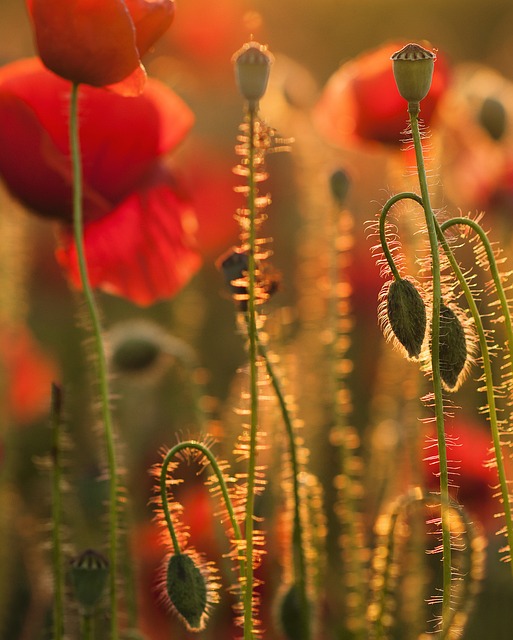
THCA, or Tetrahydrocannabinolic Acid, is a non-psychoactive compound found in cannabis and hemp plants that has garnered attention for its potential therapeutic properties. With the legalization of cannabis derivatives under the 2019 Farm Bill in the United States, and THCA being legal in New Jersey, there’s growing interest in its health benefits. Preliminary research suggests that THCA may offer a range of positive effects on human health, including anti-inflammatory, neuroprotective, and anti-nausea properties. Consumers in New Jersey can now explore these potential benefits through the use of THCA flowers, which are rich in this cannabinoid precursor. These flowers are believed to help alleviate pain and inflammation without the psychoactive effects associated with THC, making them a popular choice for those seeking relief from various conditions while maintaining cognitive clarity. Furthermore, studies indicate that THCA may have neuroprotective qualities, potentially beneficial for individuals with neurological disorders. The compound is also being studied for its potential to inhibit certain enzymes linked to the progression of multiple sclerosis and other inflammatory diseases, adding to its growing list of promising health applications. As research continues, it’s clear that THCA flowers hold significant promise for those looking to explore alternative, natural health solutions within the legal framework established by New Jersey’s cannabis regulations.
In recent times, ThCA (Tetrahydrocannabinolic Acid) flowers have garnered attention for their potential health benefits and non-psychoactive properties. As discussed, the legal landscape of New Jersey has embraced these cannabinoid-rich flowers, positioning them as a viable alternative within the wellness community. This article has delved into the multifaceted aspects of THCA flowers, highlighting their emerging presence in the market of New Jersey and the burgeoning recognition of their health benefits. It is clear that while THCA flower side effects are minimal, awareness of its legal status and proper usage remains paramount for consumers. As THCA continues to carve a niche in the wellness sector, it is essential for individuals to stay informed about its evolving role and regulatory framework within states like New Jersey.
